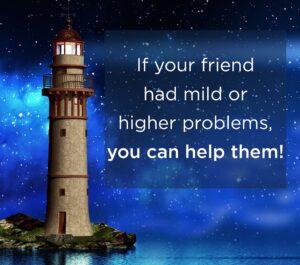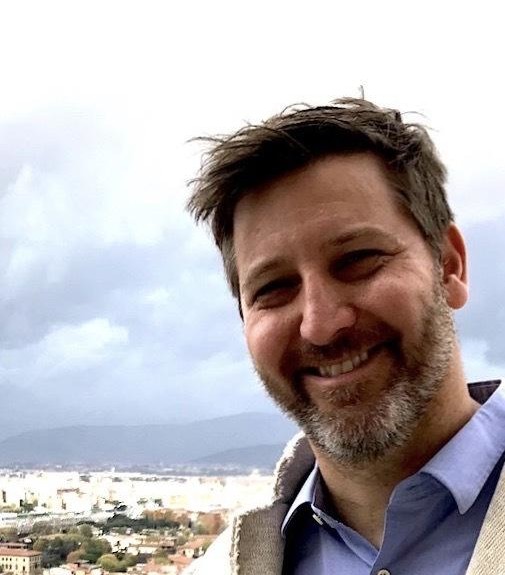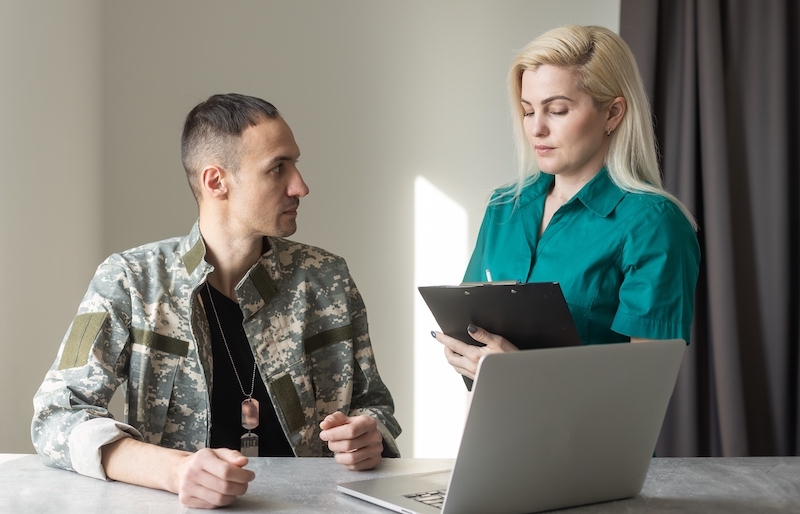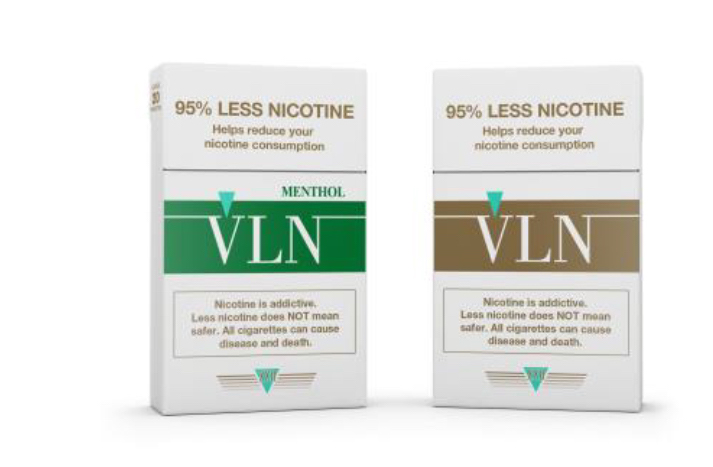University of Illinois professor Doug Smith and his colleagues are developing Harbor, a peer-to-peer resource to communicate about potential addiction problems
By Jason Langendorf
March 16, 2021One of the difficulties associated with communicating to young people about substance use and addiction involves who is doing the communicating. Consider this: A 2015 study published in Psychological Science found that young adolescents (ages 12 to 14) are more influenced by their peers than by their parents. The twist is that these adolescents often struggle when talking to peers whose substance use might be concerning.
At the University of Illinois, Doug Smith, Ph.D., a professor in the School of Social Work and director of the Center for Prevention Research and Development, is hoping to help young people the words. Smith and his colleagues are developing a smartphone app, called Harbor, that is intended to give young adults more tools to talk to friends safely and productively about substance use—specifically alcohol and marijuana—and convince them to seek treatment if necessary.
We decided to make the app for friends because we feel like, with cellphone access and the role of peers in that part of life, friends might be a viable option for doing some early intervention work.”—Doug Smith, developer of Harbor
“One of the most common reasons for engaging in treatment is that your family or friends told you to go,” Smith says. “Particularly for young adults, ages 18 to 29, they’re kind of in that zone where we think, Do we want to work through parents, or do we want to work through friends? So we decided to make the app for friends because we feel like, with cellphone access and the role of peers in that part of life, friends might be a viable option for doing some early intervention work.”

How the Harbor App Works
The Harbor app is made up of four modules that help the user assess a friend’s substance-use risk levels, hone effective communication skills and suggest alternative activities to drinking. It also features a self-guided quiz and push notifications that remind a user to check in on a friend. Smith says that honing the language in the communication module was particularly important in helping peers (“first-line workers,” Smith calls them in this role) connect with a friend in need and avoid potentially alienating him or her.
“That involves presenting them with scripts of text,” Smith says. “We have three different text dialogues that we present them with. One is a friend being a little punitive, a little harsh. Another one is them being a little bit enabling. And the third one is kind of the Goldilocks version—it’s just right. It’s supportive but not really enabling. And that’s the model that we use for communication: more positive vibes. ‘Hey, I want to support you, I want to hang out with you and do non-alcohol- and drug-related things.’”
An online study of 458 young adults (ages 18 to 29) helped Smith and his team gather feedback, develop Harbor and refine suggested script language that didn’t come off as “corny or stale.” Ultimately, Smith says, the app will need to go through a clinical trial with randomized subjects and a control group. But Harbor, currently in beta testing, is in the final stage of development, and Smith expects it to go live by June 1.
Smith warns that the app shouldn’t be relied on as a diagnostic tool or a replacement for treatment. But with so few people who could benefit from treatment currently seeking it out (just 10% of individuals in need, it’s estimated), he believes Harbor can help in a supplementary role and in starting conversations about substance use and addiction that otherwise might not happen.
“I do think of it as a stigma issue,” Smith says. “We might be ready for thinking about stuff like this and thinking about informal support outside of treatment.”













